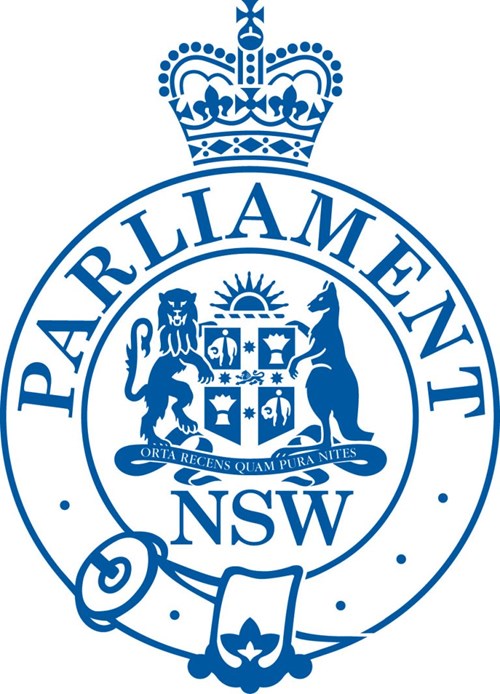I contribute to debate on the Prevention of Cruelty to Animals Amendment (Virtual Stock Fencing) Bill 2024. This Government is committed to ensuring a strong and robust animal welfare framework in New South Wales. While it is acknowledged that the member for Orange introduced the bill with the best of intentions, the Government cannot support the bill in its current form, given the risks it would present to animal welfare in New South Wales. Instead, the Government will continue to work to understand the key issues relating to virtual fencing and how best to accommodate it within legislation. We want to ensure that our farmers have access to the latest technology, but we need to do so in a responsible way, and that is what the Government will do.
Virtual fencing has been considered at a national level. There is a national process underway on virtual fencing to review and understand its use on livestock. In 2021 the Agricultural Senior Officials' Committee referred the matter of virtual fencing to the Animal Welfare Task Group for review. An independent scientific literature review on animal welfare considerations for virtual fencing was subsequently commissioned by the Animal Welfare Task Group and published in November 2023. The independent review identified key characteristics of virtual fencing technology and its application to minimise animal welfare impacts. Additionally, the independent review found that the understanding and effectiveness of virtual fencing is much more advanced for cattle than other stock animals, and that further research is needed to determine the suitability and welfare implications for other stock animals.
The bill is not limited to cattle and does not contain any welfare or design requirements for devices for use on an animal. Based on what we know and expert advice, legislation permitting virtual fencing devices in this manner is not suitable. Whilst we understand the potential benefits of this new technology, we have a responsibility to ensure that any legislation to allow virtual fencing is based on thorough consultation and consideration of expert advice to appropriately manage animal welfare risks. That is what this Government will do.
In line with the Government's commitment to improving animal welfare in New South Wales, we have made five animal welfare related commitments. Those commitments are to review the Prevention of Cruelty to Animals Act 1979, or POCTAA; ban puppy farms in New South Wales; create an independent office of animal welfare; review the funding arrangements for approved charitable organisations legislated to conduct compliance and enforcement activities under POCTAA; and introduce a fit and proper person regime that will prevent people convicted of an aggravated animal cruelty offence, or multiple or repeat animal cruelty offences, from keeping or breeding companion animals. Work is well underway on delivering those commitments, and the Government is working through previous consultation feedback from the community and stakeholders to inform the development of the new animal welfare framework. The commitments demonstrate the Government's clear intent to improve animal welfare outcomes in New South Wales.
Importantly, the commitment to review POCTAA also presents an opportunity for the Government to speak to stakeholders about ways the animal welfare framework can be improved. The Government has been aware of the issue of virtual fencing for some time and has been working through it in the appropriate expert forums such as the Animal Welfare Task Group. The review of POCTAA presents a chance for the Government to talk to stakeholders and experts about virtual fencing and consider how to appropriately allow for the use of those devices to support our farmers across New South Wales. Following that pathway will allow for a considered approach to the potential permission of virtual fencing technology alongside other improvements to the legislation. That approach is sensible and responsible. The bill is not sufficient in its animal welfare safeguards and, therefore, the Government does not support it.


